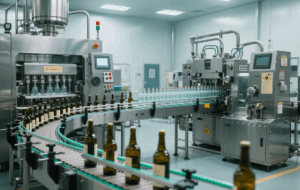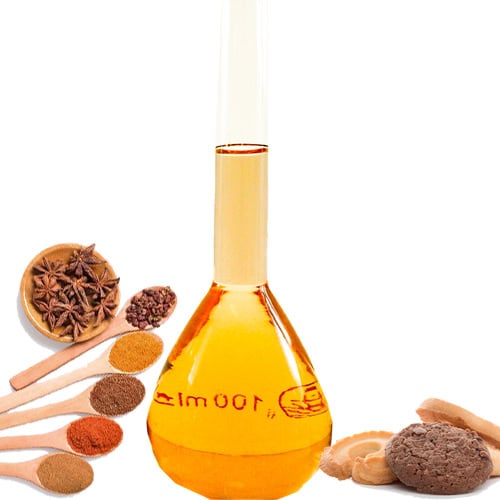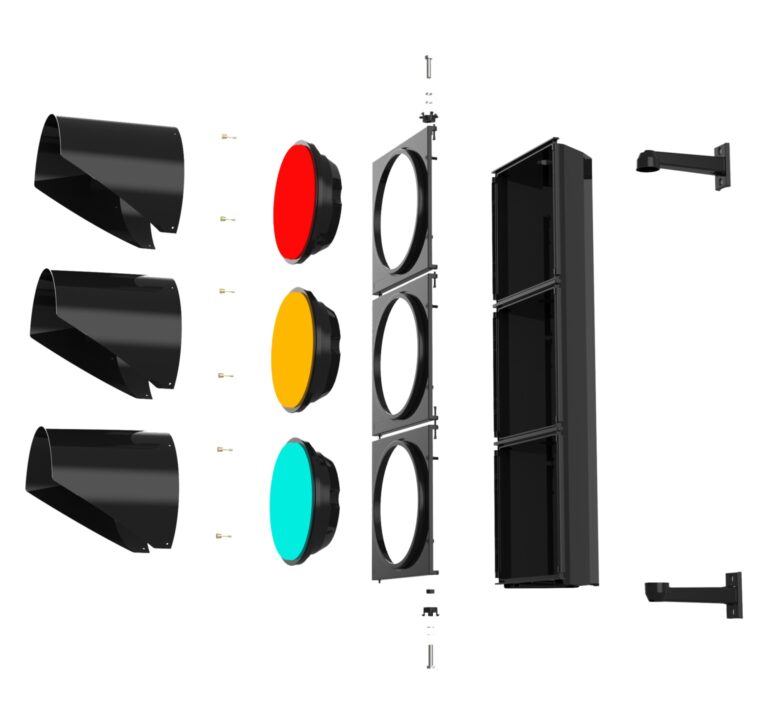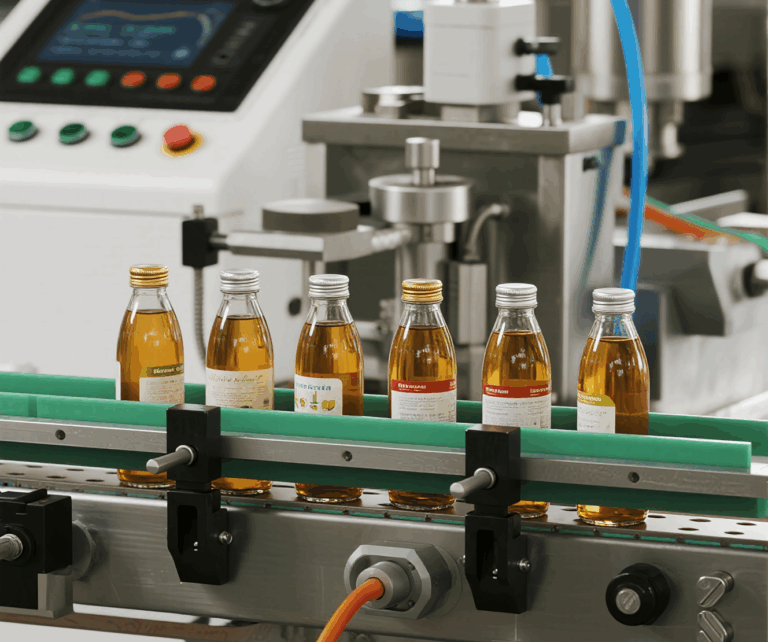目录
In the beverage and distillery industry, production demand often fluctuates with market trends, festivals, and seasonal consumption patterns. To address these shifts effectively, manufacturers increasingly rely on advanced technologies such as the liquor filling machine and its associated automated systems. These machines not only ensure accuracy and efficiency but also enable businesses to scale production up or down depending on demand. An adaptable liquor filling machine line can integrate multiple functions—ranging from bottle rinsing to labeling—providing comprehensive support for seasonal production cycles.
I. The Importance of Liquor Filling Machine Lines in Seasonal Production
- Seasonal Consumption Trends
Liquor sales often peak during holidays, festivals, and special events. During these times, distilleries need to expand output rapidly without compromising product consistency. Conversely, during off-peak months, reducing production while maintaining operational efficiency becomes essential.
- Flexibility as a Competitive Advantage
An automated liquor filling machine line allows producers to adjust output smoothly. This adaptability helps reduce waste, lower operational costs, and maintain brand reliability by ensuring every bottle meets the same quality standard regardless of production volume.

II. Key Features of Automatic Liquor Filling Machine Lines
(1) Comprehensive Automation Functions
Modern liquor filling machine lines integrate multiple automated processes into a seamless flow. Core functions typically include:
- Automatic bottle feeding, rinsing, and drying
- High-precision liquid filling and corking
- Capsule shrinking and labeling
- Automatic sorting and packaging preparation
These functions ensure hygiene, efficiency, and consistency, particularly during seasonal peaks when demand surges.
(2) Integrated Machines in the Production Line
A standard automatic liquor filling machine line designed for seasonal adaptability often includes the following equipment:
Automatic Bottle Feeding Turntable – Aligns and directs bottles into the production line
Automatic Bottle Rinsing Machine – Cleans bottles thoroughly before filling
Automatic Bottle Drying Machine – Removes residual moisture from inside and outside of bottles
Automatic 6 Heads Liquor Filling Machine – Ensures precise and efficient liquid filling with multiple heads
Automatic Bottle Corking Machine With Cork Feeder – Inserts and secures corks consistently
Automatic Wine Capsule Shrink Machine – Applies and shrinks capsules over bottle necks for protection and presentation
Automatic Round Bottle Labeling Machine – Attaches labels uniformly for branding and compliance
Automatic Bottle Sorting Turntable – Organizes finished bottles for downstream packaging
III .Benefits of Using Automated Liquor Filling Machine Lines
- Efficiency and Consistency
With automation, a liquor filling machine line ensures high-speed production without sacrificing accuracy. Each bottle receives the exact volume of liquid, minimizing product loss and enhancing consumer trust.
- Hygiene and Safety Standards
Automatic rinsing, drying, and corking help maintain strict hygiene. By reducing human contact, these systems align with global food safety standards, essential for both domestic and export markets.
- Adaptability to Production Scale
During peak seasons, automated lines can run at full capacity with minimal labor increases. In slower periods, modular systems can operate at reduced speeds or partial capacity, optimizing resource use.
IV. Seasonal Applications of Liquor Filling Machine Lines
- Holiday Peaks and Festivals
Demand spikes during Christmas, New Year, and national celebrations often require tripling or quadrupling output. Automated lines ensure readiness to meet these demands with precision.
- Limited Edition and Special Releases
Distilleries launching seasonal or limited-edition beverages can rely on the flexibility of the liquor filling machine line to produce small but high-quality batches without disrupting regular production.
- Export and Regional Surges
Certain regions have unique consumption patterns. Automated production lines allow companies to adjust output for local festivals and international markets quickly.
V. Challenges and Solutions in Seasonal Liquor Production
- Equipment Downtime
Seasonal scaling can strain machines if not properly maintained. Preventive maintenance schedules are vital to ensure machines operate efficiently during peak demand.
- Energy and Resource Efficiency
Increased seasonal output can lead to higher energy use. Energy-efficient liquor filling machine designs help reduce operational costs and environmental impact.
VI. Future Innovations in Liquor Filling Machine Technology
- mart Sensors and IoT Integration
New liquor filling machine designs integrate sensors that monitor filling accuracy, detect faults, and send real-time data to operators. This supports predictive maintenance and reduces downtime.
- Modular and Customizable Designs
Future systems will emphasize modularity—allowing distilleries to add or remove components, such as extra filling heads or labeling machines, based on seasonal requirements.
- Sustainability and Eco-Friendly Materials
With growing emphasis on sustainability, liquor filling machine manufacturers are exploring recyclable components, energy-saving systems, and environmentally safe lubricants.
VII.Conclusion
The modern liquor filling machine line is more than just an automated filler—it is a fully integrated system that supports cleaning, drying, filling, corking, sealing, labeling, and sorting. Its ability to adapt to seasonal fluctuations in demand makes it indispensable for today’s distilleries. With continued innovation in modularity, IoT, and sustainability, these systems are evolving into highly intelligent solutions that balance efficiency, quality, and environmental responsibility. By adopting best practices and preparing for seasonal surges, producers can ensure smooth operations, consistent product quality, and long-term growth.
0









